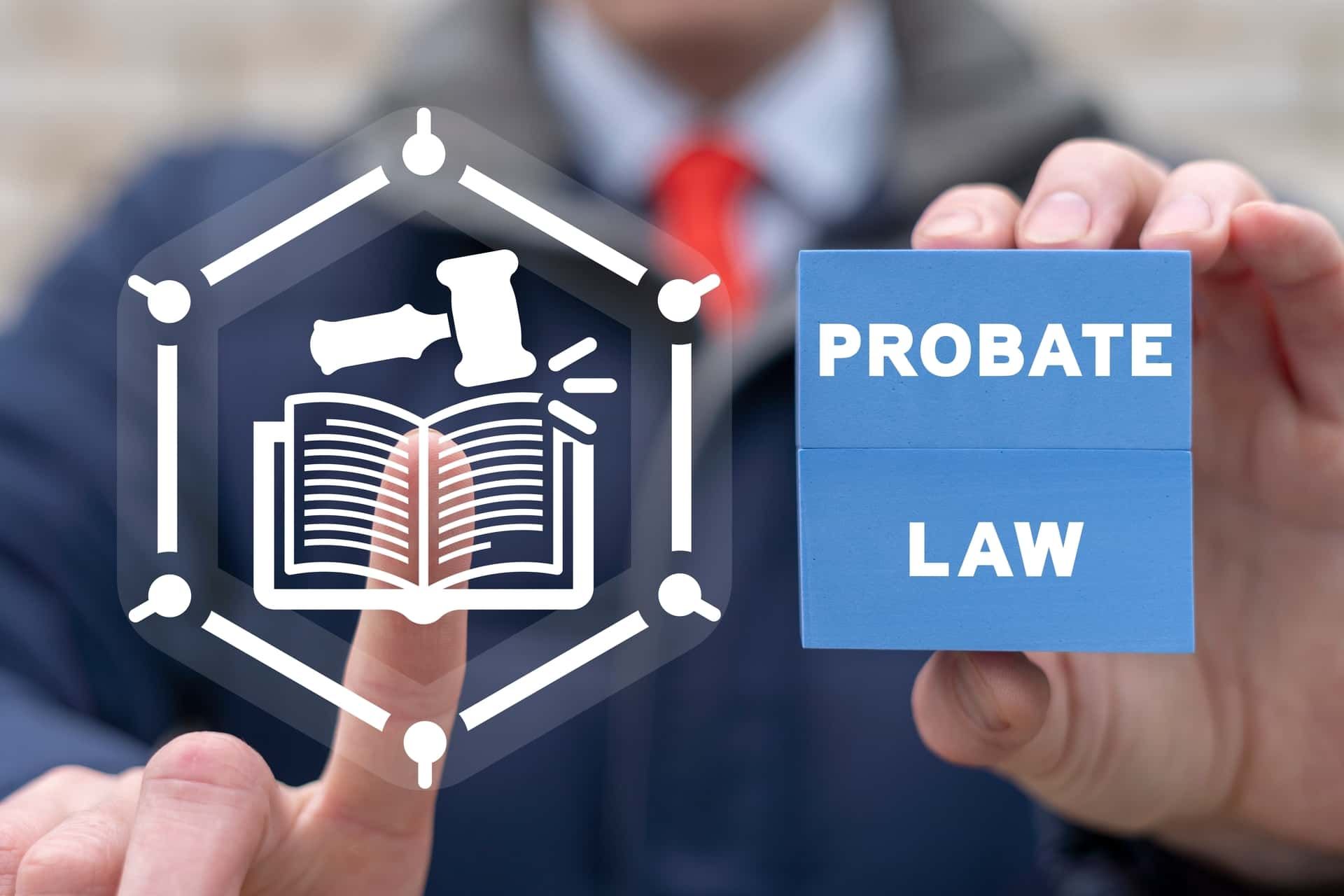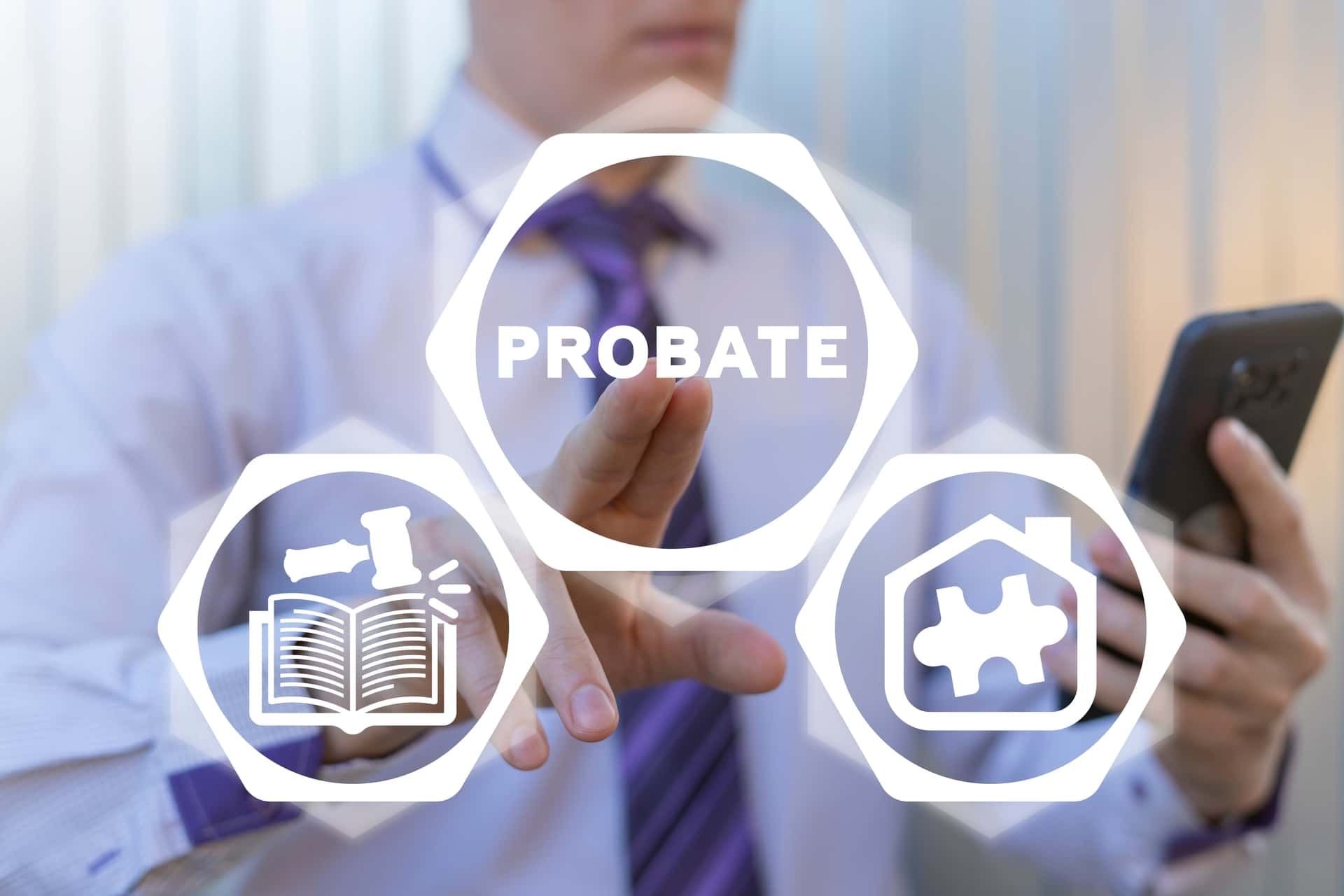Understanding the Difference Between Tax Liens and Tax Levies
Understandably, many people get confused trying to make sense of tax liens and tax levies. Read our guide below to learn about these different components of tax law, and give us a call when you’re ready to discuss your needs. At the Law Offices of Mary E. King , we have the experience and expertise to assist you in all tax matters.
Tax Liens vs Tax Levies: What Are They?
Tax liens are filed in order to protect a state’s right to collect on the tax debt. Basically, they secure the government’s hold on property and assets until the taxpayer pays outstanding tax debt. Tax levies are also filed for the same reason as liens, but they have more serious consequences. If a lien is not paid, it will not directly affect your credit score or ability to buy or sell real estate.
What Is a Tax Levy and What Are They For?
A tax levy is a government measure to collect unpaid taxes. The IRS will file a lien when it’s owed money and then place a levy to seize property or assets to satisfy the debt if the taxpayer does not pay. A tax lien is issued by the IRS when it is owed money and not paid back and will place a lien on property or assets of the taxpayer to satisfy the debt if they do not pay.
Who Files Liens or Levies and When?
A lien or levy is filed when a person owes money to a business. The lien or levy is filed by the business to ensure that they get their money.
When Is a Lien Filed?
A lien is filed when the IRS decides a debt owed to them by a taxpayer is still outstanding. The IRS has the right to put a lien on anything that they believe belongs to the taxpayer.
When Is a Levy Filed?
A tax levy is filed when the IRS is unable to collect taxes from a taxpayer by regular means. This usually occurs when the IRS has not been able to obtain money from accounts or property belonging to the taxpayer.
What Happens After a Lien Is Issued?
A lien is filed against a property when the owner of the property owes taxes to the company that has filed this lien. When a lien is issued, it will be recorded in public records. The company may also file a construction lien for unpaid labor on a building project.
What Happens After a Levy Is Issued?
A levy is a process of taking money or property to pay off a debt. When a levy is issued, the IRS gets the authority to take money or property from you or someone you owe money to in order to pay off your debt. For example, if you owe taxes, the IRS can take your paycheck until such time as your tax bill has been paid in full.
How Do Liens and Levies Impact Your Credit Report?
At one time, a tax lien or levy could impact your credit report in a number of ways. However, the major credit bureaus no longer report on tax liens and levies. As such, they will not directly affect your credit score.
Tax Liens vs Tax Levies: Can They Be Stopped?
If the IRS has filed a lien against your property and you want it removed, you can do so by paying any tax liability you owe. A lien is an IRS filing to secure payment for funds that are owed to the government.
If the taxpayer does not voluntarily pay the bill, the IRS may file a notice of lien against the taxpayer’s property. If you owe taxes or you’ve already received a notice from the IRS regarding tax liens and or tax levies, it’s important that you call the Law Offices of Mary King right away.
Mary has more than 30 years of experience dealing with e IRS and tax-related matters. She and her team can assist you in making sure you follow the most beneficial course of action so that you don’t suffer any additional penalties. Furthermore, Mary knows how to negotiate with the IRS on your behalf to get the most favorable outcome.
Even if you have a solid understanding of the differences between tax liens vs tax levies, it’s important that you don’t try taking on the IRS by yourself. You need the experience and knowledge of Mary King in your corner. Call today to schedule a consultation to discuss the best solution to your tax concerns.
Get in Touch with the Law Offices of Mary King Today
If you are ready to schedule a consultation to discuss your tax needs, call the Law Offices of Mary King today at 941-906-7585. You may also complete this contact form to get started.
The information in this blog post is for reference only and not legal advice. As such, you should not decide whether to contact a lawyer based on the information in this blog post. Moreover, there is no lawyer-client relationship resulting from this blog post, nor should any such relationship be implied. If you need legal counsel, please consult a lawyer licensed to practice in your jurisdiction.
Disclaimer: The information on this website and blog is for general informational purposes only and is not professional advice. We make no guarantees of accuracy or completeness. We disclaim all liability for errors, omissions, or reliance on this content. Always consult a qualified professional for specific guidance.
RECENT POSTS
CONTACT US






